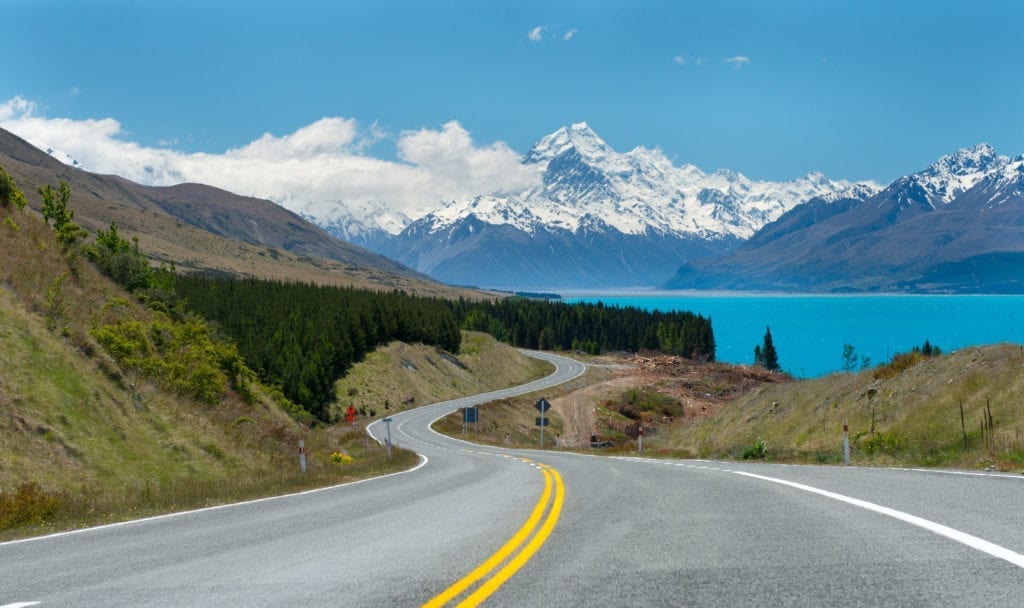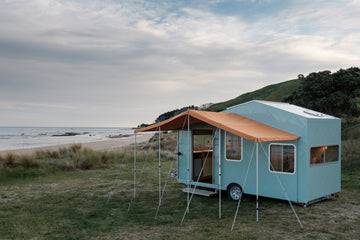Winter is stunning in New Zealand and there is so many places to explore and things to do. But before heading out for Winter Solar RV Holidays make sure you have the power and storage capacity you need to keep you warm, fed and contactable while on your travels.

Why Winter Camping Is Different
Quite simply, sunshine hours are significantly less during winter months according to NIWA. This drop ranges anywhere from 40-65% less in the depths of winter compared to the height of summer, depending on where you are in New Zealand. Less sunshine hours are due to shorter days and greater cloud cover. The sun is also lower in the sky which can impact on the effectiveness of your solar system. This is somewhat problematic for Novice Campers who are seeking to use more power for lights, heating and meal preparation.
Check your System is Winter Ready
Either give us a call or chat with us online and we can then let you know if your current solar system is suitable for winter motoring. There may be some simple and relatively inexpensive upgrades you can do that will greatly enhance your winter camping experience.
Routine Maintenance
Of course, even if your system has been correctly fitted for year-round use, it is a good idea to get a solar specialist to check the condition of your power system and do any needed maintenance. You may like to consider the angle that your solar panels are tilted at. With the shorter and often more cloudy days of winter, getting your panels tilted at the most ideal angle can greatly improve your power generation. The ideal angle is simple, use your locations latitude and add on 15 degrees. If changing the tilt of your panels is not possible, then you can park on a slight hill with panels facing the sun.
Batteries
The good news about using your RV this winter is your battery will love you for it. If you have ever left a battery sit through a cold winter, chances are in the spring you may have found a dead battery. If you’re using your batteries daily, they tend to keep their charge much longer. Fully charged batteries will not freeze until much lower temperatures. So, for the health of your battery get out and chase that winter sunshine!
Solar Behavior in cold weather
You are likely to be generating less energy during the winter months, therefore consider modifying your behaviour or increasing your battery capacity. Turning off appliances or lights when not in use is a must. Take extra care where you park to keep your panels free of shade, which allows for your system to charge every time the sun is out.
Finally remember to let people know where you are, keep your phone charged and take only photographs. Happy Travels!








